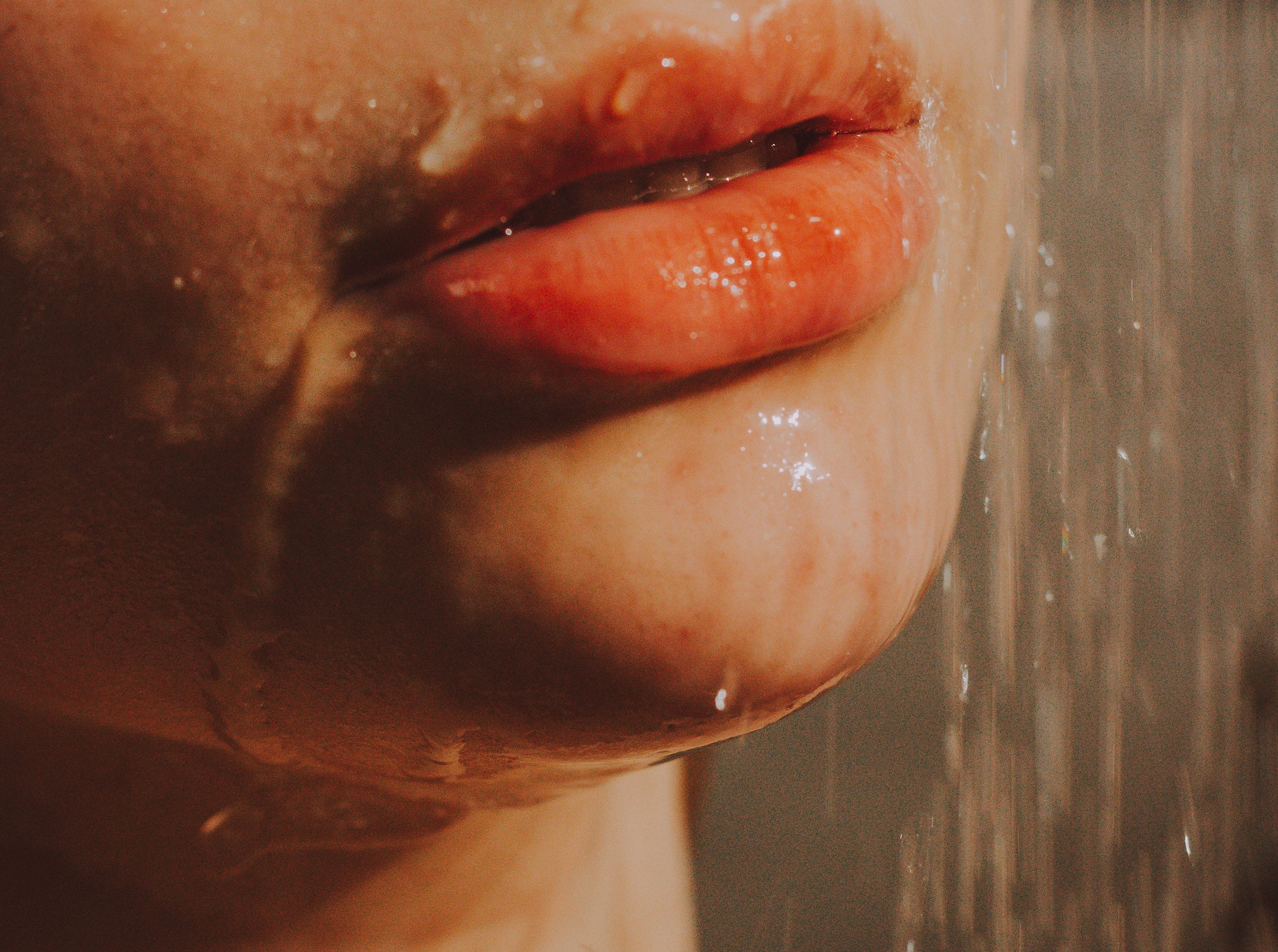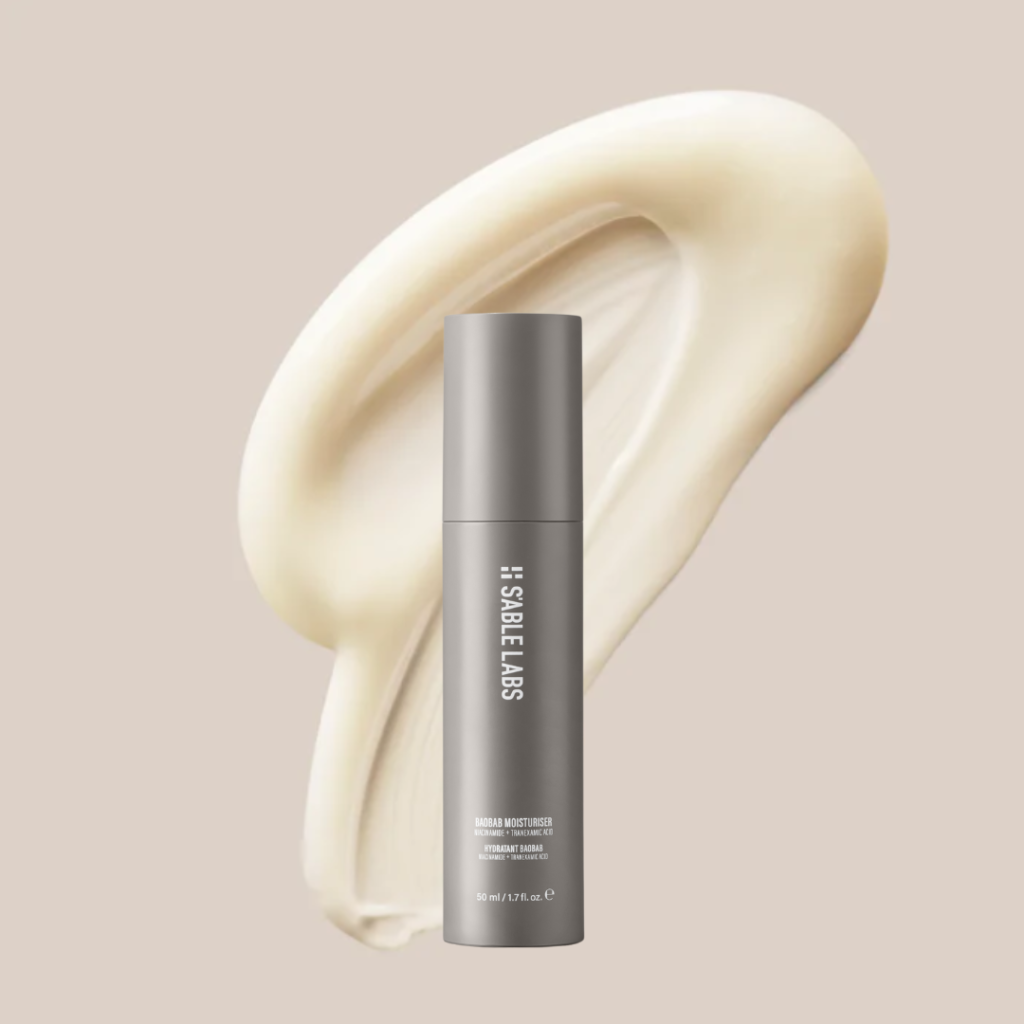
Does It Matter for Your Skin?
Most people know the core ideas behind moisturization and hydration; namely, you need both to avoid the curse of the ashy. But what’s the difference beyond that?
The key to understanding the relationship between both is straightforward. “Whilst hydration adds water to the skin, moisturization seals it in,” says Dr Derrick Phillips. “Moisturizers reinforce the skin’s natural barrier, locking in water and reducing loss through the skin surface.”
Meanwhile, Phillips notes that hydration is the process of increasing the skin’s water content. “Dehydrated skin is dull, itchy, flaky, and prone to irritation,” he says. “Products that hydrate the skin will add volume, giving a plumper appearance.”
Let’s talk water
Water’s importance in hydration can be somewhat misunderstood, as the water we drink isn’t sufficient enough to hydrate our skin. It’s in this gap between the amount of water needed for the body and water needed for the skin’s volume that skincare products step in.
To put it simply, hydration adds volume to the skin, while moisturization maintains the skin barrier and prevents water loss. “The two processes are complementary and work together to keep the skin soft and smooth,” says Phillip.
As the two need to work in tandem, skincare will often work these two needs into a single product “often containing ingredients that hydrate (e.g., humectants such as urea or glycerine), and moisturize (e.g., ceramides), although the relative proportions may vary depending on the concern, the products are addressing.”
This is also why there are products made for winter, as they often add in ointment-based treatments and work on repairing the damage caused by the varying effects of winter, like low temperatures, central heating, hotter showers and low humidity. In fact, several added ingredients go into products that hydrate and moisturize, and they’re the key to getting that ‘you’re glowing today’ compliment from a stranger. These include squalane, baobab and niacinamide.
Ingredients that boost moisture and hydration
Squalane is derived from the naturally occurring lipid squalene. A versatile ingredient, it “locks in moisture by replenishing the skin barrier,” says Phillips. “It also protects against free radical damage, lightens pigmentation and boosts collagen production,” making it perfect for dry skin during winter. “Due to its light consistency, it can also be used in blemish-prone skin. It is truly a hero ingredient.”
Baobab is another ingredient that’s perfect for the skin. Packed with omega 3’s fatty oils, baobab works to lock in moisture by nourishing the skin’s barrier, working in anti-inflammatory properties, making it ideal for treating skin conditions that rob the skin of moisture. “Not only is baobab rich in antioxidants, but it also has more vitamin C than most other fruits. This, paired with the oil’s omega fatty acid content, makes baobab a weapon for radiant, youthful-looking skin.”
Dr Phillips also points out the other positives, saying, “Baobab seed oil is rich in antioxidants and vitamin C, providing protection against harmful free radicals that are implicated in skin ageing, brightening the skin, and boosting collagen production.”
The last key ingredient is niacinamide. A versatile anti-inflammatory, it soothes and dries irritated skin in eczema, rosacea and acne. “In addition, Niacinamide lightens dark spots and hyperpigmentation, making it an ideal treatment for acne in skin of colour.” In addition to these tools, it also produces ceramides, “the essential mortar that holds the skin barrier together, protecting against water loss and keeping the skin soft and hydrated.”
Looking to get through the winter sans ash? These ingredients will all help you get there. Think of hydration and moisturization as a perfect combo instead of a battle, and you’ll be ready for the colder climate.
